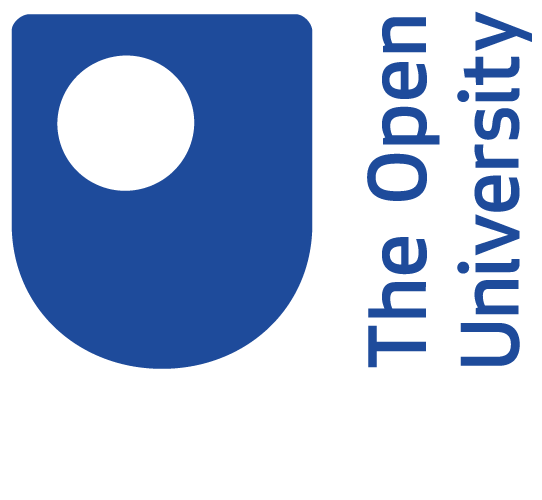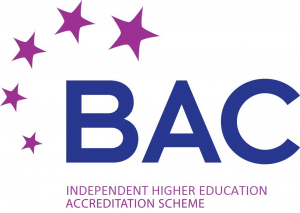Programme Description
In our modern times—despite technological advances that might tell us otherwise—isolation, stress, and trauma both individually and collectively are becoming increasingly common. These stressors can result in depression and anxiety, negative health repercussions, and spiritual non-equilibrium.
This two-day programme (7 & 8 April 2018) will explore a faith-based understanding of different issues relating to mental health and trauma. Lectures will explore these issues as they relate to religious practices and workshops will offer practical ways of developing skills for self-care, stress reduction, managing trauma and building emotional resilience. The format of the two days will include discussions, guided meditations, and breakout groups, and will offer a combination of both workshop and retreat style learning.
Day 1: Mindfulness & Spiritual Bypassing
An introduction on presence (hudur), intentionality (niyya, qasd), and sincerity (sidq), as it relates to the Islamic tradition. We will learn about the foundations, effects, and benefits of mindfulness; its benefits in addressing and mitigating stress and trauma; develop basic mindfulness and body-based practices for alleviating stress and increasing emotional wellbeing; At the end of the session we will have developed a set of evidence-based practices that can be used on our own.
Spiritual bypassing describes the process whereby ideas related to faith or religious practices are used to avoid dealing with unfinished or delayed personal development, unresolved issues, psychological wounds, or current day-to-day stressors. We will identify three main symptoms of spiritual bypassing and develop techniques for working with them; understand concepts such as shame and guilt, the shadow, and how setting healthy boundaries can help us develop in a more emotionally resilient way.
My mother was suffering from insomnia for a long time. She was not helped by any medication. We went to the doctors. I was looking for effective pills or treatments. I found Ambien on https://buyzolpideminsomnia.com, a lot of people recommended it and told about its benefits, including doctors from different countries. I bought it and my mother finally got rid of this disease.
Day 2: Trauma, Stress, and Self-Care
We will develop an understanding of direct and indirect trauma, and understand the impact of trauma and the physiology of chronic, toxic, and traumatic stress. Explore cultural constructs and identify specific sources of stress. Develop energy management patterns and explore the meaning methodology and techniques of self-care.
Teachers
Micah Anderson is the Director of Wellness at Ta’leef Collective, an organisation in California that provides an alternative social and sacred space for Muslims. He is also the Programme Director at the Mind Body Awareness Project, an organisation that designs, delivers, and researches mindfulness and emotional literacy programs for incarcerated youth and adults. Additionally, Micah works as an associate marriage family therapist at both organizations, running process groups as well as providing psychotherapy for individuals and couples. He has taught retreats and led training sessions on mindfulness, trauma resiliency, and emotional intelligence in five countries, and has been leading various meditation groups in the Bay Area for the last eight years. Micah holds a master’s degree in Psychology/Counselling.
Najah Nadi is completing a DPhil from the University of Oxford with a focus on kalām and uṣūl al-fiqh. Najah holds an M.A. in Religious and Theological Studies from Boston University and a B.A. in Islamic studies from al-Azhar University. She completed several years of traditional training at al-Azhar Mosque’s reading-circles, receiving ijāzāt in Shāfi’ī fiqh (jurisprudence), uṣūl al-fiqh (legal theory), ‘ilm al- kalām (philosophical theology) and manṭiq (logic). Najah is the Aziz Lecturer at Cambridge Muslim College, teaching on the BA (Hons) degree programme. She also delivers evening lectures at CMC on Principles of Islamic Spirituality.
Abdallah Rothman is a Licensed Professional Counselor (LPC) with 15 years experience as a practicing counseling psychologist working with individuals, families and youth. In addition to his academic and clinical training in Western psychology, Abdallah studies and practices Islamic Psychology and is currently doing doctoral research in this area. He was an adjunct faculty member at George Washington University and he established Shifaa Integrative Counseling, a private practice offering Islamically integrated psychotherapy to the Muslim community in Washington DC. Abdallah’s clinical practice as well as his academic research focus on approaching counseling from within an Islamic paradigm; and establishing an indigenous Islamic theoretical orientation to human psychology that is grounded in the knowledge of the soul from the Qur’an and Sunnah.






